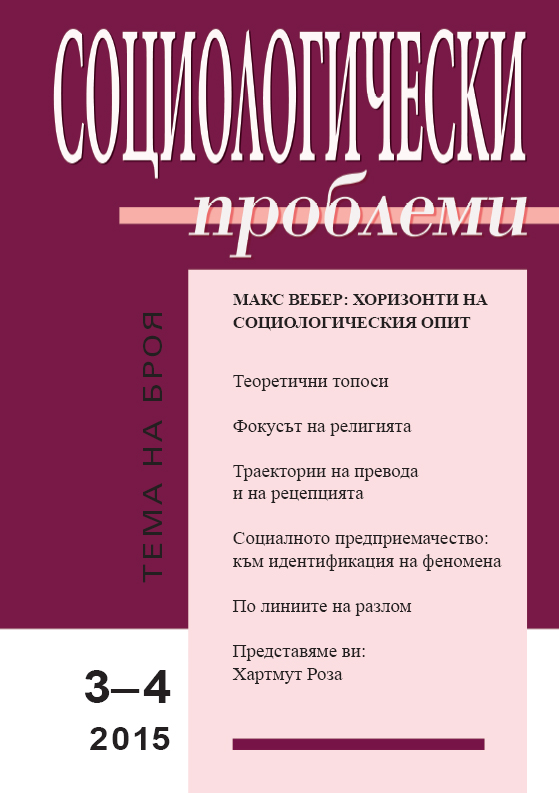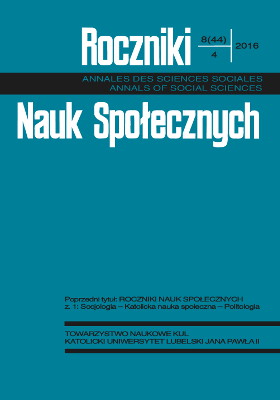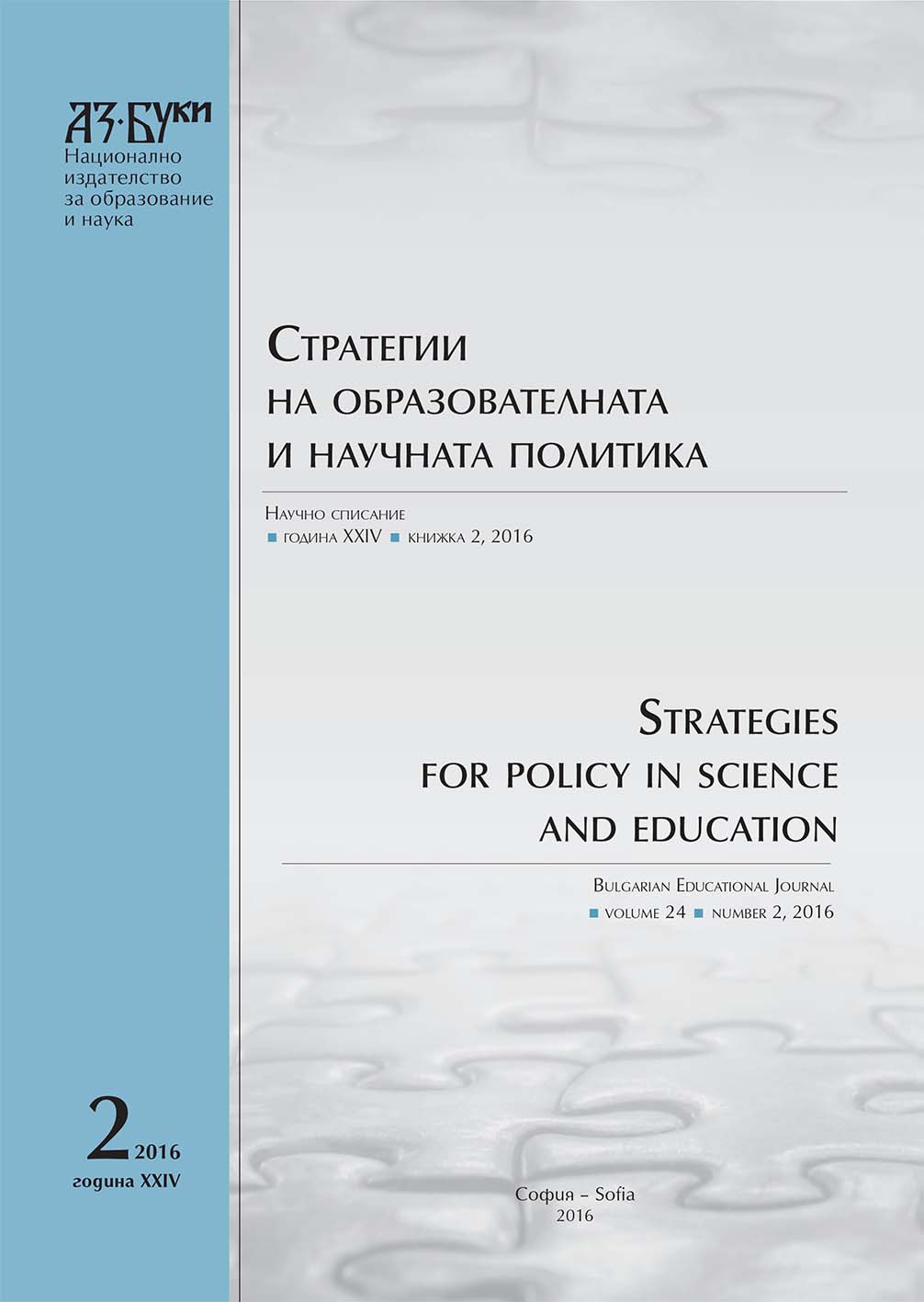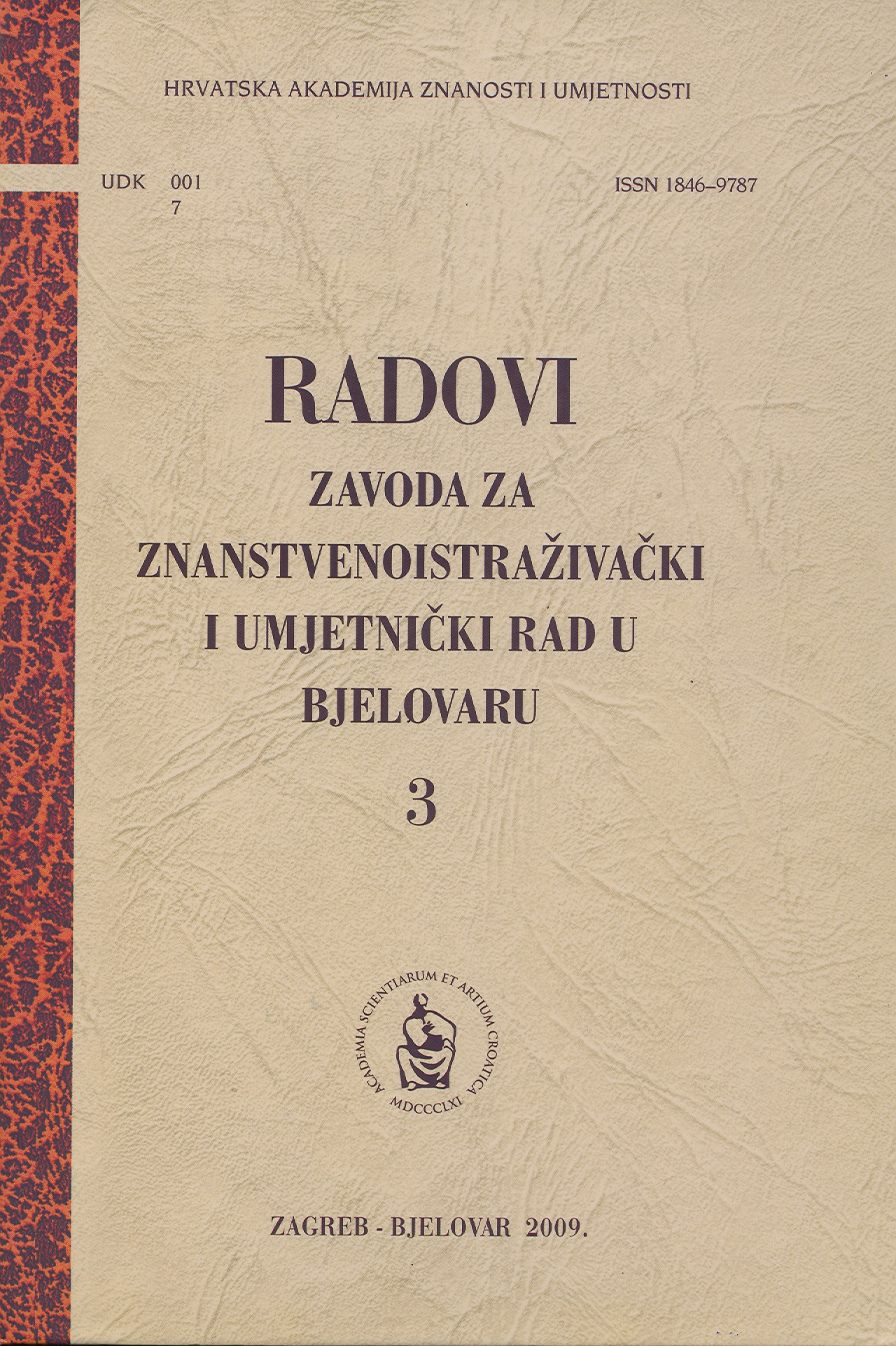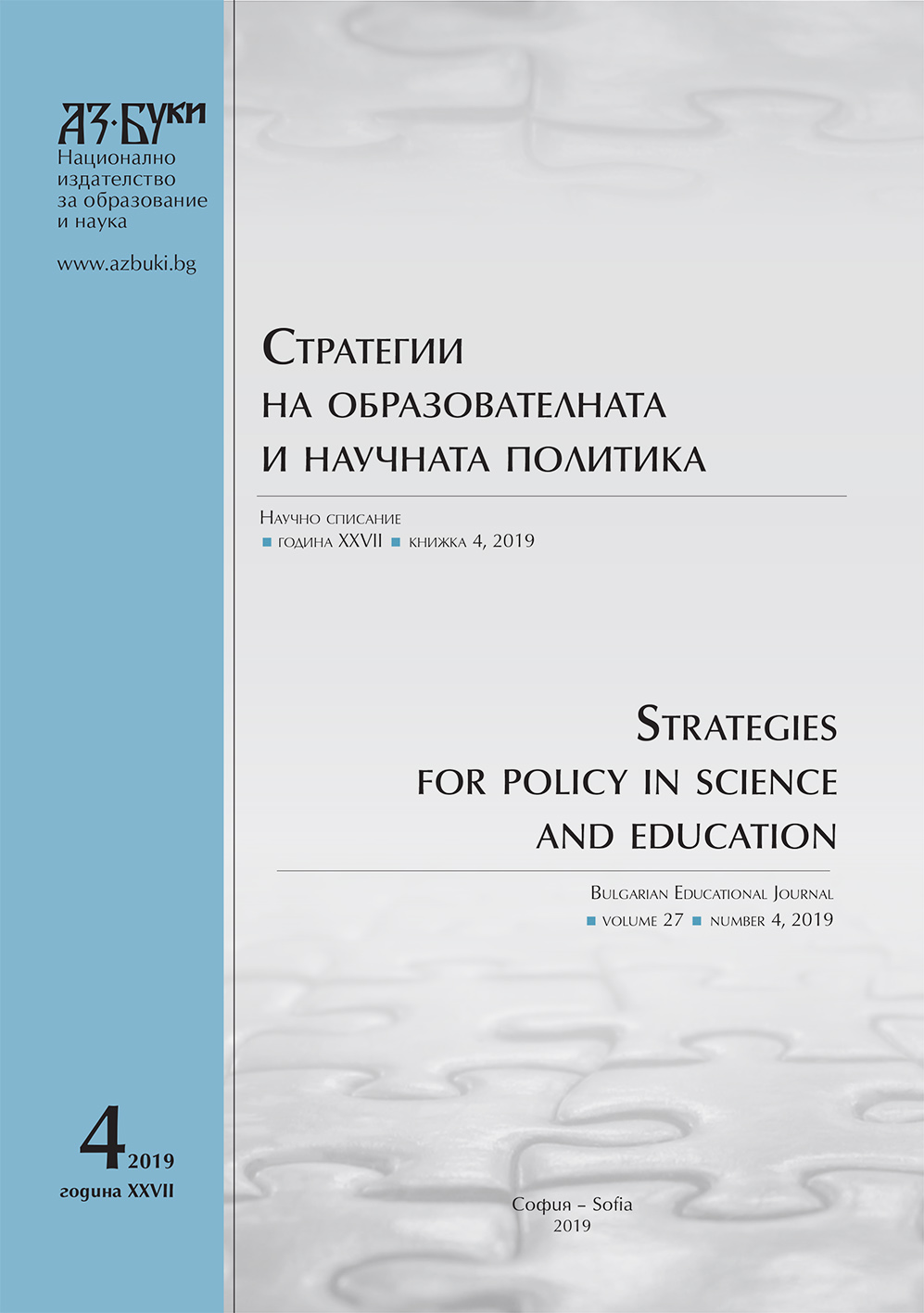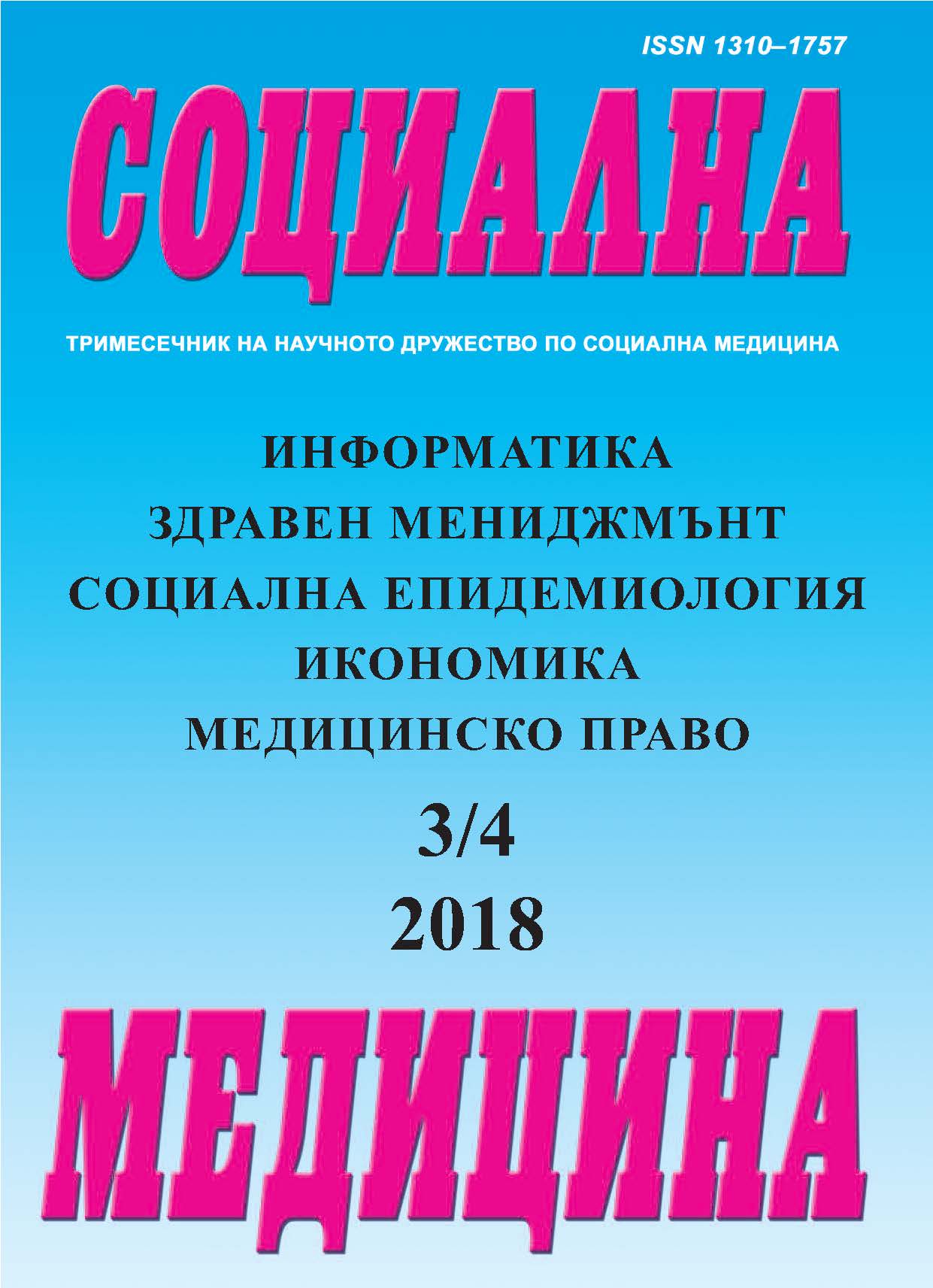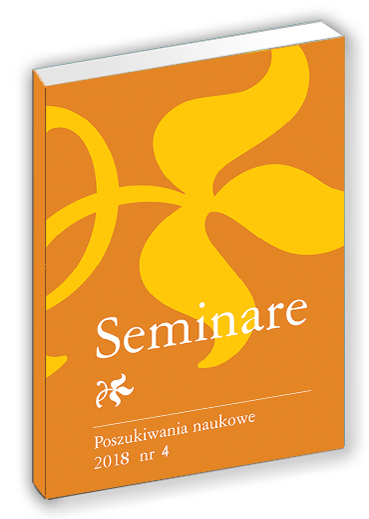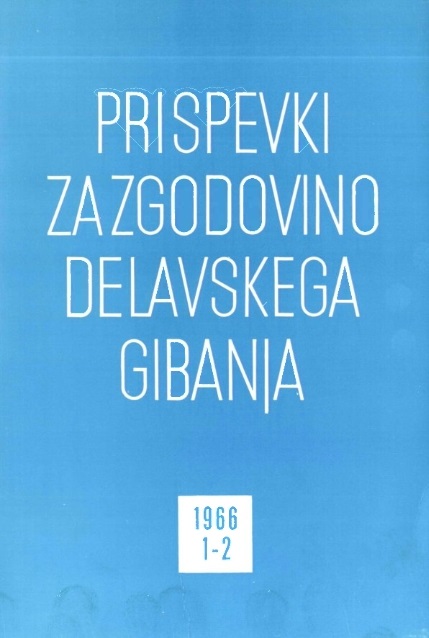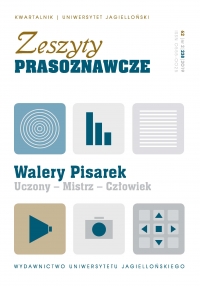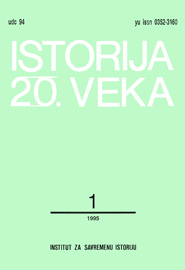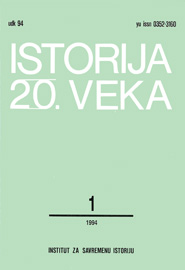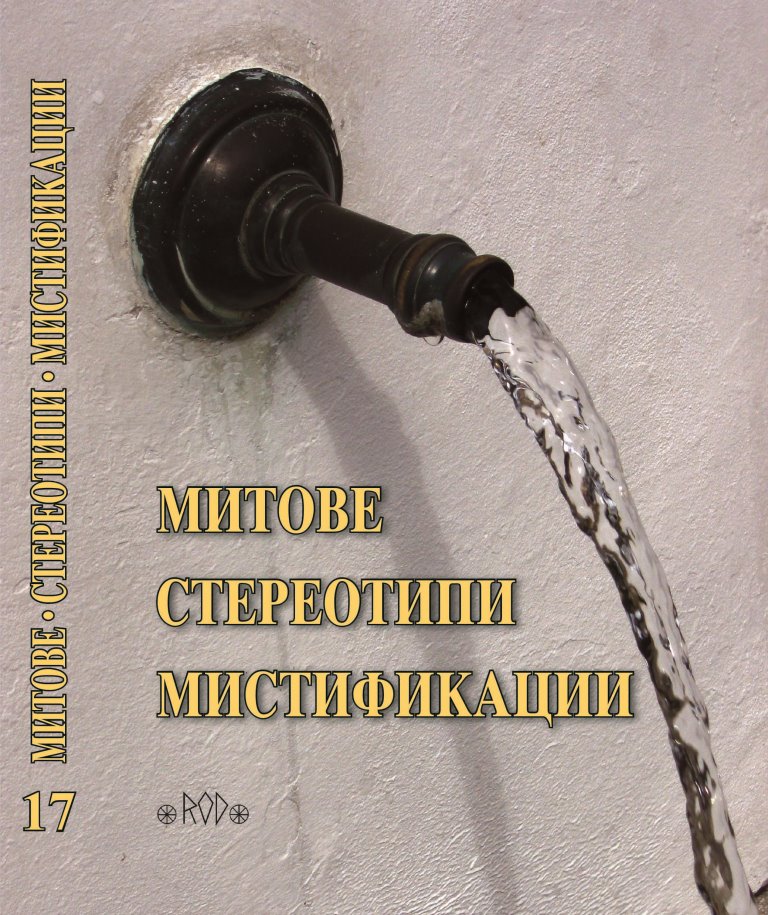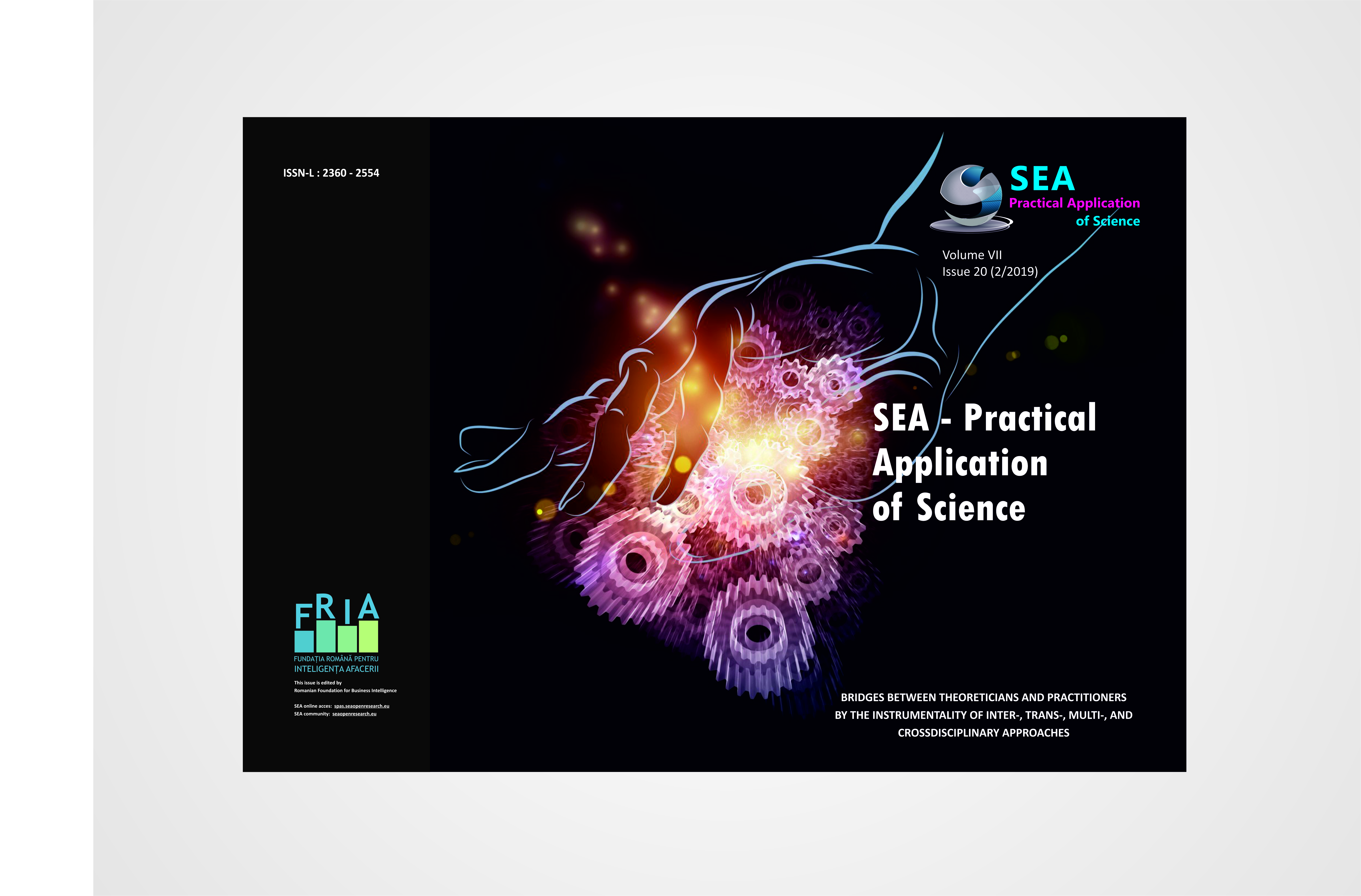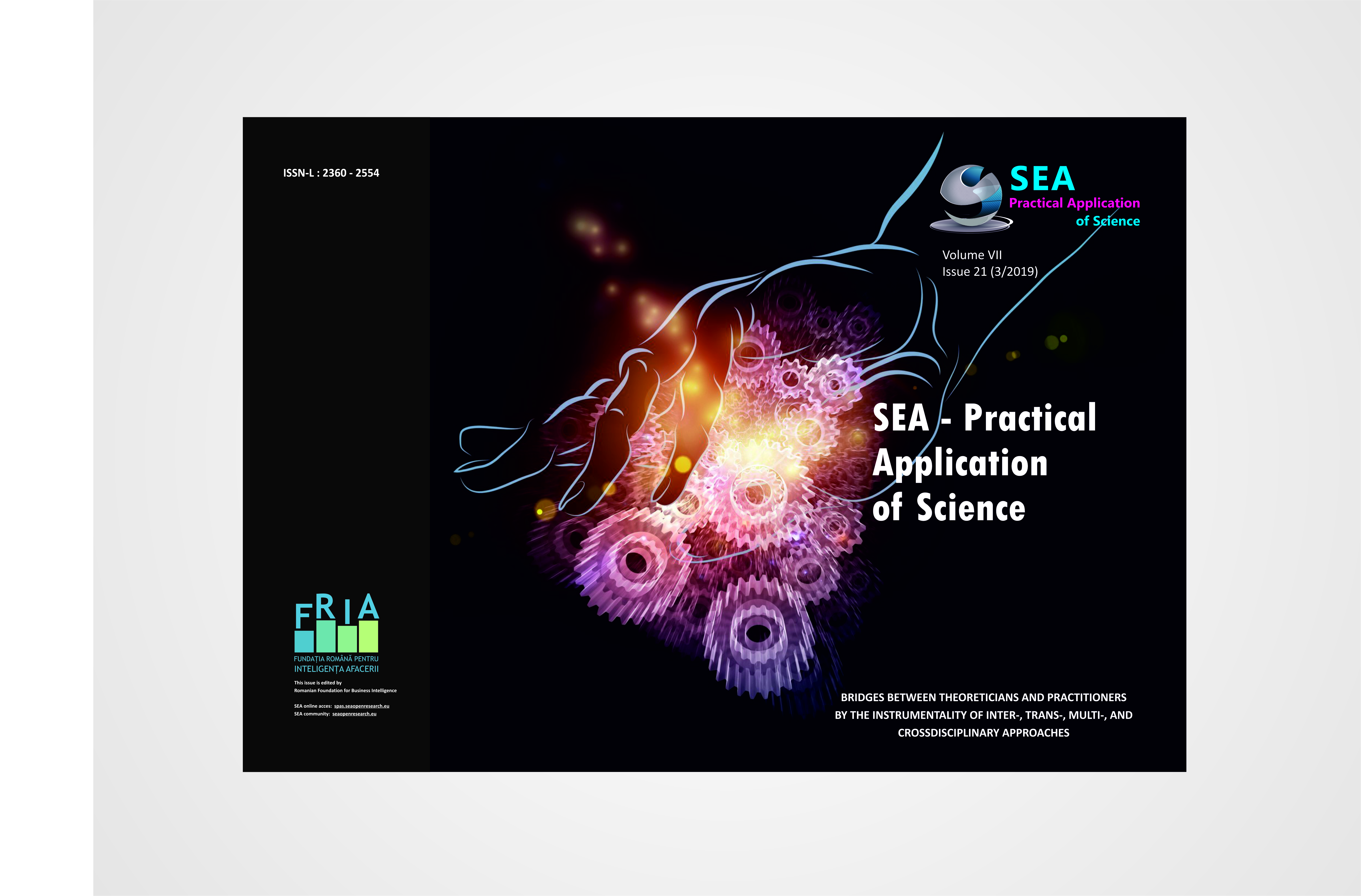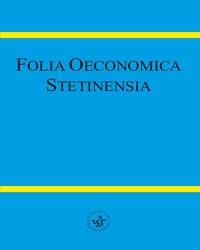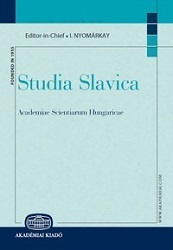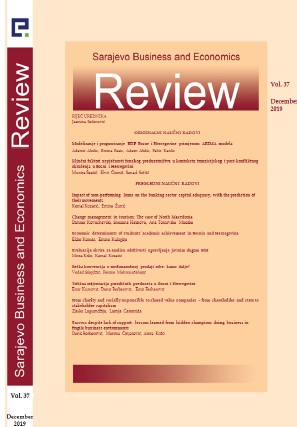Author(s): Konstantin Rangochev / Language(s): Bulgarian
Issue: 17/2019
The paper addresses the question of the origin of the nation, its genesis and development. There are two alternative perspectives on the origin of the nation: а) the nation is somebody’s construct or б) the nation appears naturally. Thus, in general, the ethnologists are divided into a) „construc¬tivists“, who believe that the nations were created, constructed by some¬one, for example by the elites, and b) „primordialists“, who believe that the nations appeared by themselves if there are beneficial circumstances, such as the developed technological and public structures. According to the author of this paper, the nation is one of the stages of the life of the ethnos and the nation may be outlived by the ethnos, while the ethnos will continue its existence in a „postnational constellation“. The analysis 39 of the statistical data from the census of Bulgarian citizens from 1992, 2001 and 2011 show numerous groups that identify themselves as other from the main „ethnic groups“, but they were denied the provision of eth¬nic self-identification. According to data of the Director of the National Statistical Institute, 9% of the Bulgarian citizens did not answer volun¬tarily the question of self-determination on ethnicity. According to the census of 2011, these people were 102 695 or 1.46% and were therefore denied „ethnic self-identification“. Thus, at the end of the 20th century and the beginning of the 21st century, the dominance of the constructivist theory leads to the destruction of the notion of „ethnos“ and its arbitrary and chaotic replacement with „nation“ takes place. This situation leads to terminological confusion and theoretical frustration. And accordingly, the complete bankruptcy of the doctrine of „ethnic self-identification“ is predetermined: it appears to be useless both for academic analysis and for the needs of the state government. In appendices I, II and III are presented three “primordialists’” concepts ofthe nation: by Joseph Stalin, Lev Gu-milev, and Todor I. Zhivkov.The paper addresses the question of the origin of the nation, its genesis and development. There are two alternative perspectives on the origin of the nation: а) the nation is somebody’s construct or б) the nation appears naturally. Thus, in general, the ethnologists are divided into a) „construc¬tivists“, who believe that the nations were created, constructed by some¬one, for example by the elites, and b) „primordialists“, who believe that the nations appeared by themselves if there are beneficial circumstances, such as the developed technological and public structures. According to the author of this paper, the nation is one of the stages of the life of the ethnos and the nation may be outlived by the ethnos, while the ethnos will continue its existence in a „postnational constellation“. The analysis of the statistical data from the census of Bulgarian citizens from 1992, 2001 and 2011 show numerous groups that identify themselves as other from the main „ethnic groups“, but they were denied the provision of ethnic self-identification. According to data of the Director of the National Statistical Institute, 9% of the Bulgarian citizens did not answer voluntarily the question of self-determination on ethnicity. According to the census of 2011, these people were 102 695 or 1.46% and were therefore denied „ethnic self-identification“. Thus, at the end of the 20th century and the beginning of the 21st century, the dominance of the constructivist theory leads to the destruction of the notion of „ethnos“ and its arbitrary and chaotic replacement with „nation“ takes place. This situation leads to terminological confusion and theoretical frustration. And accordingly, the complete bankruptcy of the doctrine of „ethnic self-identification“ is predetermined: it appears to be useless both for academic analysis and for the needs of the state government. In appendices I, II and III are presented three “primordialists’” concepts ofthe nation: by Joseph Stalin, Lev Gumilev, and Todor I. Zhivkov.
More...
